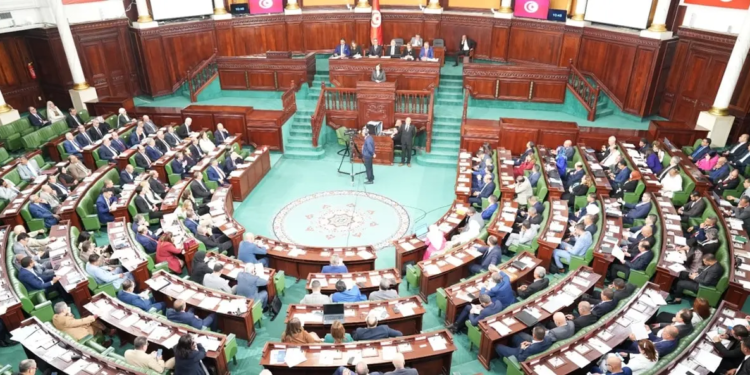The finance committees of the two chambers have completed the examination of the draft Finance Law 2026. After long discussions, only one article was ruled out: that establishing a wealth tax.
The finance committees of the Assembly of People’s Representatives and the National Council of Regions and Districts finalized on Saturday evening the study of all the articles of the draft Finance Law 2026.
According to MP Dhafer Seghiri, discussions between the two structures resulted in nearly 150 amendments. Only one article did not survive the debates: article 50, devoted to the wealth tax, considered costly and unprofitable.
Joint work resulting in 150 modifications
Dhafer Seghiri indicated that coordination between the committees of the two chambers made it possible to thoroughly review the initial text. The amendments adopted concern both tax measures and support measures for economic sectors.
This work, carried out in parallel with hearing and technical analysis sessions, made it possible to clarify several mechanisms and reduce areas of imprecision in the government project.
Why article 50 was set aside
According to Seghiri, the simulations presented during the debates showed that the wealth tax would only bring in around 11 million dinars per year to the state budget – a return considered insufficient in view of the means necessary for its application.
The article would have required, according to him, a significant mobilization of human resources, complex control procedures and significant logistical investments.
The commissions also highlighted the risk of a negative impact on national savings, already weakened.
The aftermath of the budget process
After the adoption of the amendments and the rejection of article 50, the draft Finance Law 2026 will be sent to the plenary for general debate then for final vote.
The government will have to integrate the modifications validated by the two chambers before the official presentation of the consolidated text.
Read also








